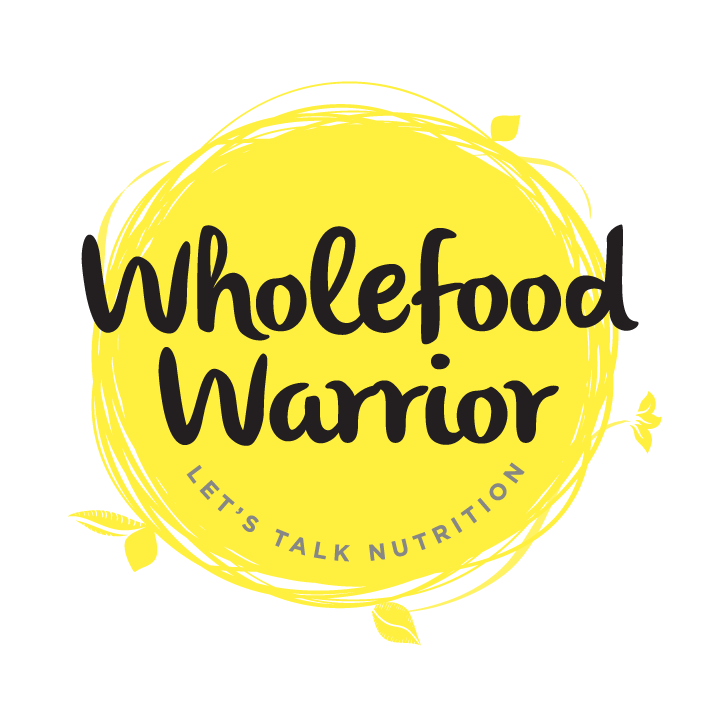Amid the chaos of the coronavirus (yes, sorry, I know I’m mentioning that dirty word), the overarching nutritional message has consistently been to strengthen one’s internal defences.
When it comes to any form of infection, ultimately it’s the immune system that will have to do work of destroying it and cleaning up the internal aftermath.
We also know that those with lower immunity are at higher risk of this virus causing greater damage.
So without further ado, I bring you the main nutrients for immunity.
Just in case you are looking for supplements, you may want to check this out too: Supplement Review.
Sunshine
Yes, I know you may be thinking that this isn’t strictly a nutrient or isn’t it?
During the devastating 1918 Spanish flu pandemic, one hospital in Boston, Massachusetts had way better recovery rates than any other hospital in the world. They didn’t have special drugs available, they just put patients outside in addition to the standard treatment protocol.
Being in the fresh air with access to direct sunlight improved recovery and reduced the spread of the virus to medical staff. The results were so great, this example is now cited in many scientific papers and has been used to guide further studies.
There are a few things at play here:
- Sunshine = Vitamin D - Vitamin D plays a crucial role in the functioning of the immune system. The sun is our main source. Spending the majority of our lives indoors and the lack of Vitamin D from the sun during winter tends to lower levels of Vitamin D in the body.
- Indoor air pollution - if you’ve ever let off a stinker indoors, you’ll know it lingers for a while. This is the same for pollutants from cooking, cleaning chemicals, mould, bacteria and viruses. On a basic level, sitting inside is just recirculating dirty stale air which, for all intensive purposes, isn’t great for health. Go outdoors, however, and that picture changes for the better very rapidly. The body’s burden of having to deal with indoor pollution is taken away and it can focus on fighting what it needs to.
- Sunlight and fresh air may kill viruses - some studies show that sunlight and fresh air is germicidal
The moral of this story is, get outside daily. Go for a walk and, if available, let the sun shine on your face. It’s good for you and it’s totally free.
A sensible diet
This may be unpopular but there is no magic bullet so a sensible diet rules.
Put simply, the more crap the body is having to deal with, the worse it’ll function which may ultimately lower immunity. Conversely, the higher your diet is in nutrients, the more you have in your arsenal to be fighting fit.
Consider the following:
- add in 10 portions of veg per day (YES, 10) - veg = nutrients; nutrients = a healthier you
- drink more water - dehydration lowers your immune system so try and get to 1.5 - 2l of water per day
- cook from fresh - we know processed foods have unfavourable additives so cook from fresh and you’ll bypass those
- good quality fats - we need fats in a big way but like with anything else, the less processed it is, the better. Think butter instead of margarine, cold-pressed oils and food items full of healthy fats such as nuts, seeds, avocado and olives.
It’s not complicated, it’ll just need a bit of attention.
Protein
Our bodies are mostly protein so it should come as no surprise that the components of the immune system are also made out of protein. Plus we also need protein to repair things.
Low protein consumption can lead to lower immunity and fatigue.
Moral of the story: make sure there is a protein component to each meal, whether that’d be some good quality meat, eggs, dairy (if you tolerate it) or plant-based options.
N.B. you will need more protein if you are having it from plant-based sources and they’ll need to be combined correctly.
Specific nutrients
Certain nutrients play a bigger role in the immune system than others.
These include:
- zinc - shellfish such as crab, mussels and cockles are the best source but there is also some in pumpkin seeds
- selenium - brazil nuts, fish and to a lower extent great quality meat
- Vitamin A - eggs, liver, carrots, kale, swiss chard and other leafy greens
- Vitamin C - berries, cherries and lots of veggies
Fermented foods
Here comes the confusing concept: we need bacteria to stay healthy.
Our gut is home to trillions of microorganisms, such as bacteria, and they help to supercharge our immune system. There is tonnes of science on this topic but in summary, those with a good collection of friendly bacteria tend to have a better immune system and those with a poor collection of bacteria will have lower immunity and worse digestive health.
Fermented foods contain “good” bacteria so adding a bit to your diet may help to naturally boost those in the gut.
Think a tablespoon of kimchi or sauerkraut with your dinner or some kefir in a smoothie. You won’t need large quantities, you just need some consistently.
In case you would like further help and want an extra boost with supplements, why not go for a Supplement Review.
Lastly, here comes the disclaimer:
- This article is not to be misconstrued as medical advice. Please consult an appropriate medical professional if you feel unwell.
- Supplements or nutrients will not stop you from getting the coronavirus but they may help your immune system. There is currently nothing out there that’ll stop the virus, hence the pandemic we are finding ourselves in.
- Correct supplementation with any nutrients needs a review that considers MANY variables, so if you chose to take any of the above in a supplemental form, you are doing so at your own risk.

